- Still a junior or already a senior? - 29. November 2022
- Choose Your Path to Agile Leadership - 4. Juli 2022
Like all professionals, you are striving to become better at your job. This can look different for each individual. To reach a higher career level you can’t just rest on your laurels and expect to become a senior after some time. The customer environment and the project situation require a certain level of seniority, but what are the requirements? And how do you become a senior?
A Senior Developer is someone who:
- Makes the people around him/her better.
- Thinks and acts with foresight and has a long-term vision.
- Is able to communicate clearly and effectively with his/her teams and clients.
- Delivers added value.
SENIOR IS NOT ALWAYS SENIOR
The decision to upgrade is made by the Team Development role in consultation with the employee. If there is a need for optimization in one area or another, it is the task of the role of Team Development, in dialog and as a sparring partner, to identify opportunities for further development and to give advice on where the employee should work on him or herself.
The criteria catalog covers various facets, from software skills to hard facts that must be fulfilled. But it’s not just about how much experience a colleague has under his or her belt. It used to be different. If you had five years of professional experience, you were a senior. In individual cases, however, there were very committed colleagues who had less professional experience and could not be upgraded on the basis of this fact alone. Since the assessment has been based on our criteria, we are more flexible in our decision-making and can better honor the individual development of our colleagues.
MORE THAN A TITLE
The criteria catalog covers various facets, from software skills to hard facts that must be fulfilled. It used to be different. If you had five years of professional experience, you were a senior. In individual cases, however, there were very committed colleagues who had less professional experience and could not be upgraded on the basis of this fact alone. Since the assessment has been based on our criteria, we are more flexible in our decision-making. Senior is not simply an add-on on your business card, but rather the ability to leverage accumulated experience to deliver real value to stakeholders. You can know all the programming languages in the world, but if you’re not able to communicate well with your own team or deliver real value to a project, you’re not a senior yet.
TOP 3 SKILLS FOR US:
Technological Skills
This is usually the most obvious characteristic that comes to mind. Seniors spend a lot of time trying to understand the “why” of a technology and a problem. Choosing the right tools is just as important. Instead of focusing on individual new features of a framework, our Seniors focus on the pros and cons of each framework when solving a problem for our clients.
Teamwork
Experienced colleagues know they are good and do not need to prove themselves to others.
They are willing to help others and ask questions when they don’t know something. But this also includes commitment to their own cluster. Willingness to help, sharing know-how and communication skills can be fostered by taking on an internal role. Taking on roles is, of course, voluntary. However, it is easier to make your teamwork skills transparent by getting involved outside of your project and customer environment.
Working with customers
Communication and teamwork skills are factors that are also important when working with customers. Seniors understand that the goal must be a win-win situation where both the customer and the company benefit from the interaction.
HAVE FUN IN WHAT YOU DO
You learn and adapt day by day, just like the first time you wrote the first piece of code, created the first architecture concept or prepared a customer workshop. If you don’t enjoy learning and developing about software development or other topics every day, the senior path may not be right for you. True passion for your work will make you better all the time. Through your skills, you can add value to yourself, your cluster, and the entire company. At the same time, the path to senior is not a sprint tied to a specific number of years. Rather, every small step in this direction is important for your working life and, more importantly, determined by you.









